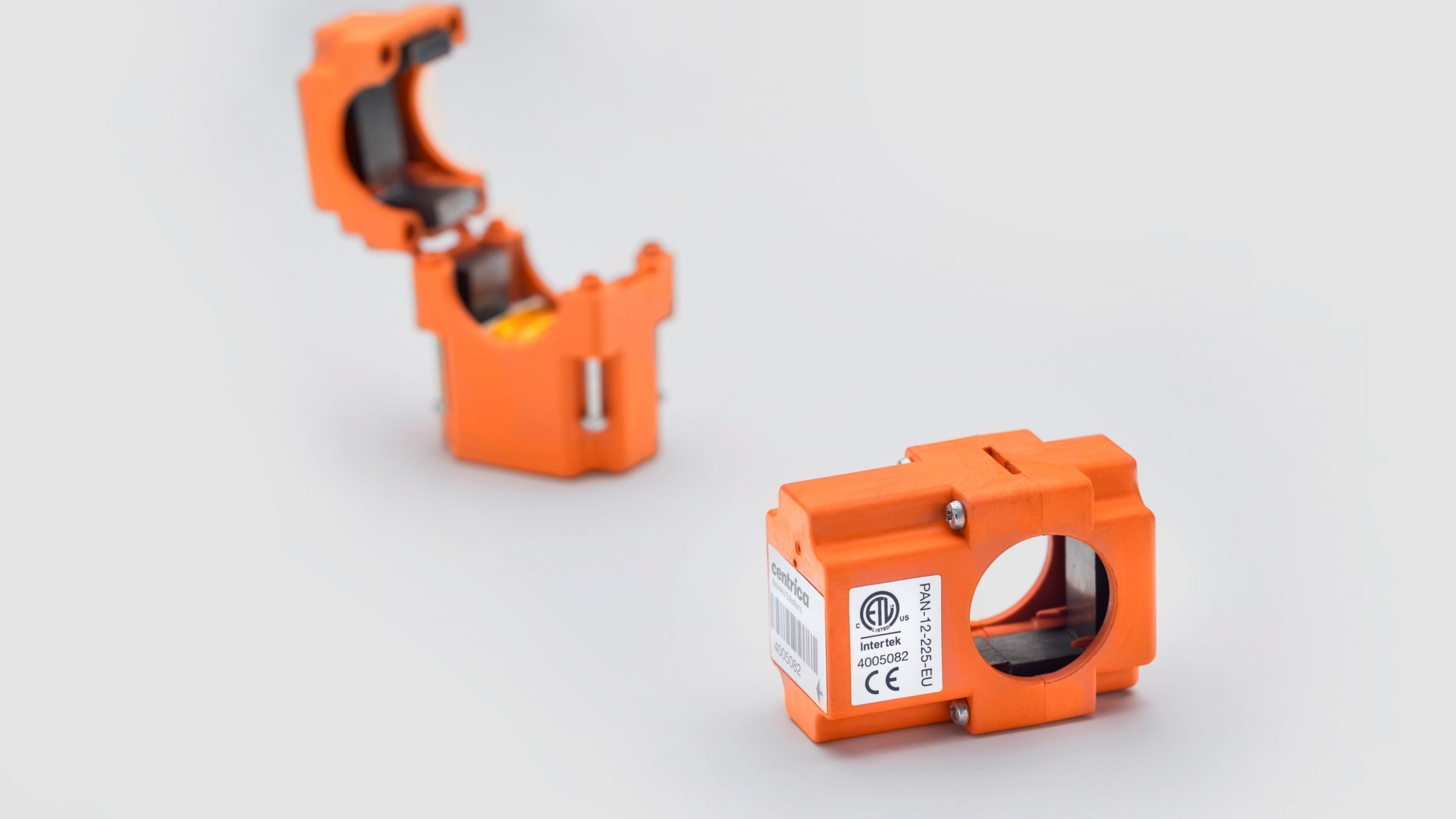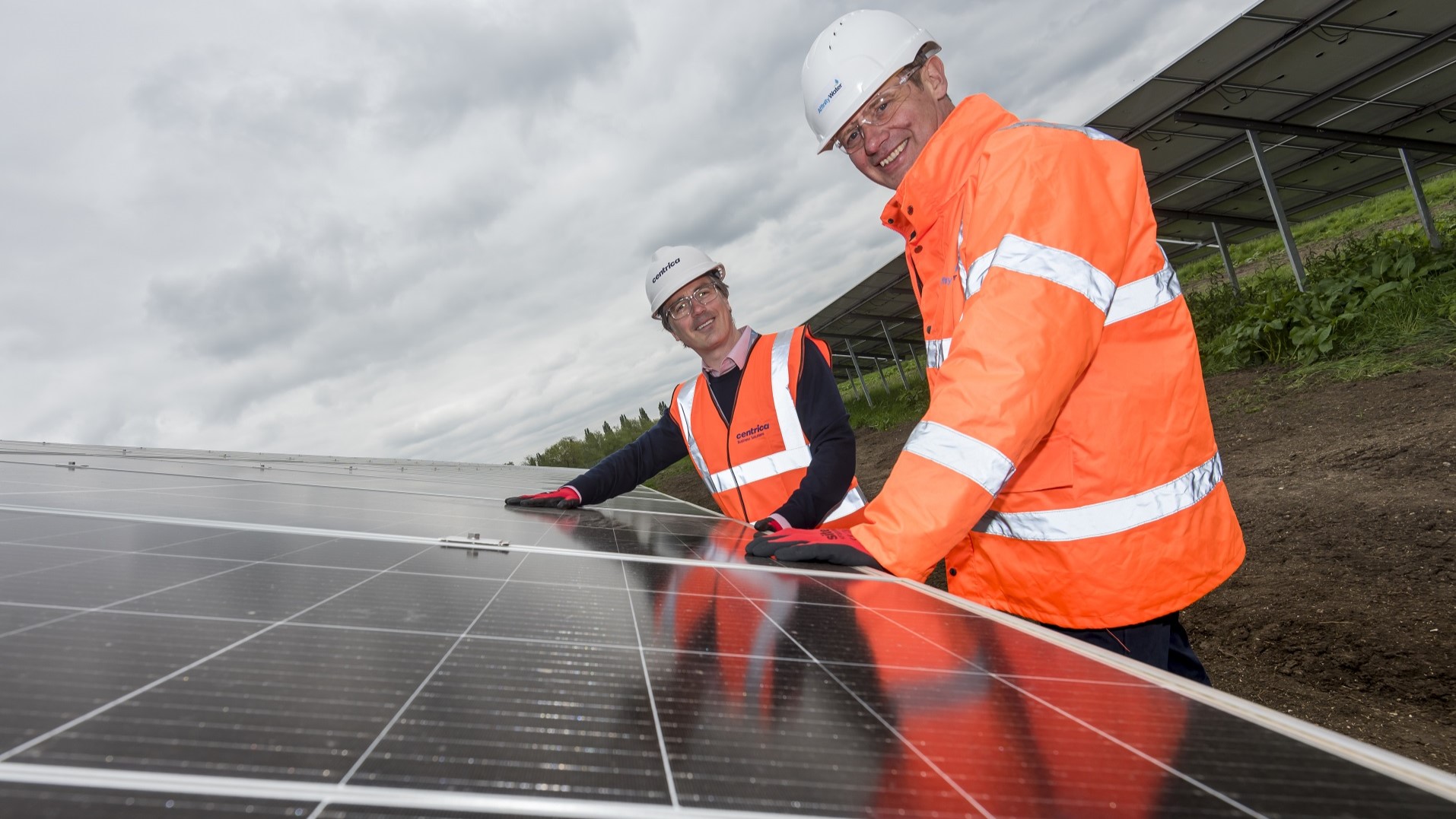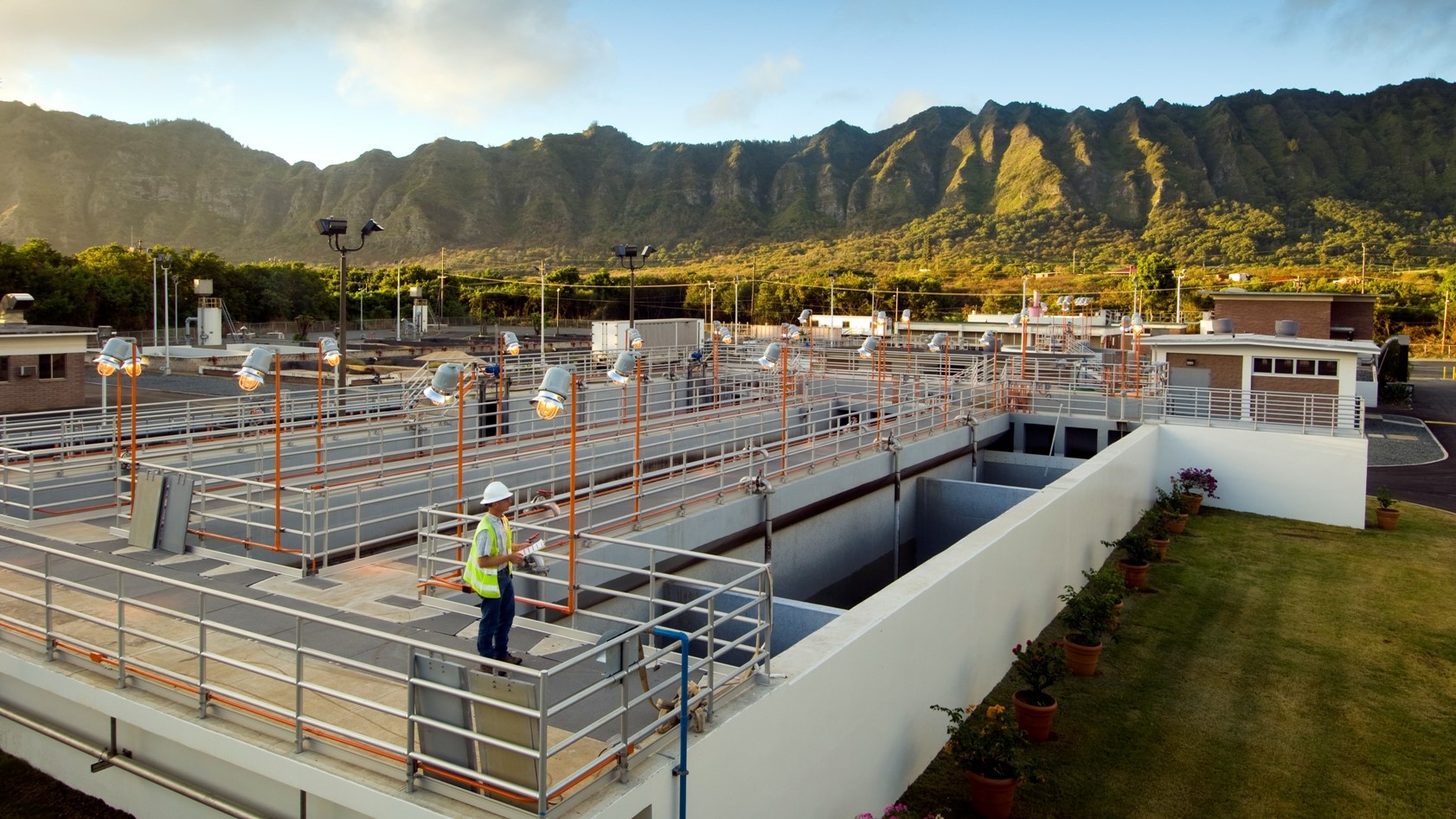Water companies can get ahead of PR24 by using Internet of Things (IoT) energy insights to deliver cost and carbon savings.
Mike Cumby of Centrica Business Solutions explains how advanced data analytics can transform energy and operational efficiency.
Ofwat has made it clear that the sector must make better use of data to drive improvements through efficiency and innovation. Energy data intelligence can yield impressive results.
Water company benefits from asset-level data
Through the deployment of our Panoramic Power™ energy insights technology, we’ve improved visibility of energy consumption at a prominent UK water services company. 3,000 self-powered sensors are collecting information from 9.46 billion data monitoring points each year.
This is providing a cost-effective way of understanding how energy is being used across multiple sites – right down to an asset level. It’s enabling them to optimise their operations and reduce energy waste to realise cost savings and deliver on their sustainability targets.
Captured data is delivered to our energy management platform, PowerRadar™, for analysis. Here, it is collected into 30-minute datasets for analysis by the water services company. Daily and weekly reports on their energy usage are generated, which inform a data-driven energy strategy.
With real-time visibility of clean water and wastewater processing, they are able to conduct better root cause analysis of issues and make immediate interventions that improve network resilience, maximise capital plant investment, optimise maintenance regimes, and minimise equipment failures. For instance, an issue with large air distributers and mixing operations was identified and rectified through process modifications.
How IoT energy insights work
IoT energy insight technology captures real-time data at circuit-level granularity – providing a more intelligent approach to energy and operational management.
The technology works by linking a cloud-based analytics platform to wireless sensors and utility meters that monitor critical energy intensive equipment and processes. By analysing and visualising captured data, you understand how, when and where you’re using energy with a single, holistic view of your site-wide energy footprint. Gas, heat, air flow and water usage, as well as on-site generators, such as solar and CHP, can also be monitored and analysed.
Your own team can simply attach the self-powered, non-invasive sensors onto the outgoing electrical wire that powers each device, without disrupting operations.

Moving beyond energy & operational efficiency
Taking an intelligent approach to energy management translates into both cost and carbon savings. Given that water and sewage treatment is estimated to account for around 2% of UK electricity consumption and contribute approximately 0.7% of total UK CO2 emissions, decarbonisation is an urgent priority for the industry.
Operational efficiency and resilience savings from advanced energy analytics are sometimes even bigger than the energy cost savings. Anomalies picked up by software can indicate deep-lying faults in equipment, or weaknesses in operational performance that are hard to detect. Intelligent data can also inform maintenance requirements, including predictive 24/7 alerts, to reduce downtime, increase productivity and extend asset life. It’s sometimes possible to identify potential equipment failures before they occur.
Informing flexibility opportunities
Another benefit of energy insights technology is to inform demand side flexibility opportunities, for example how to avoid peak time power costs by shifting energy loads to times when utility costs are cheaper. This can also highlight where spare flexible power capacity from on-site generators can be converted into revenue from Demand Side Response markets and other trading opportunities.
Meeting reporting needs
Gathered data can be collated and exported for environmental and fiscal reporting, for example, to meet Ofwat’s requirement to report energy consumption for co-located clean and wastewater processing. IoT analytics technology can also simplify and enrich the data gathering process for water services companies, which tend to have multiple sites, each with few electricity supply meters, spread over a wide geographical area.
Informing energy investment priorities
Data insights can help build an accurate and convincing case for investment in further energy efficiency improvements and other advanced solutions, such as solar PV and battery storage, and natural gas or biogas fired Combined heat and power (CHP). In this way, companies can shift usage from the grid to more affordable, sustainable and resilient energy supplies.

Affinity Water is one of many water companies that are self-generating energy for cost and carbon reduction. Our installation of 1,820 solar panels at Affinity Water’s Chertsey production plant is producing 12% of the site’s energy needs & supporting the company’s carbon net zero plan. Within six months, this has reduced energy costs by nearly £145,000 and saved 160 tonnes of CO2.



